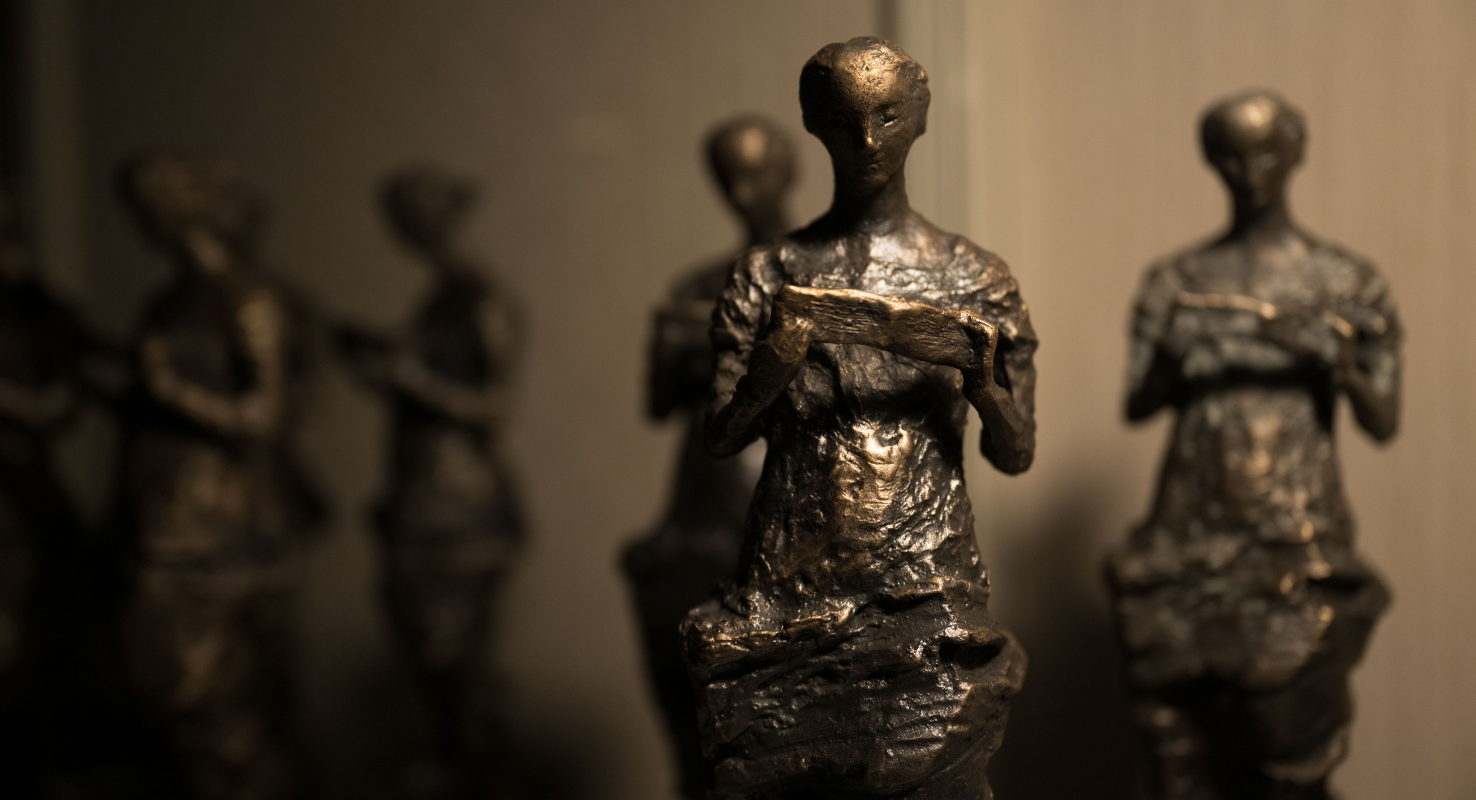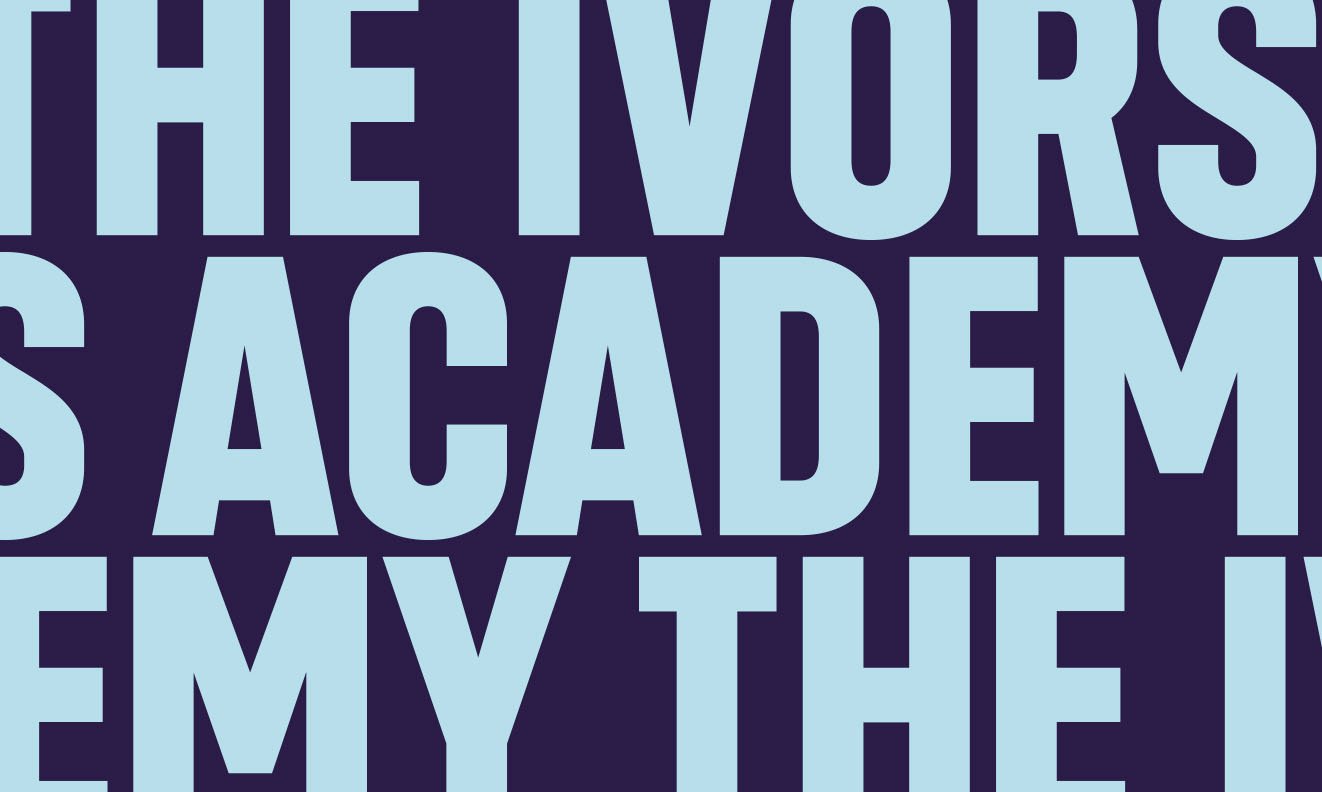At the moment non-payment of the licence fee is not a criminal offence. Only failure to pay the fine can lead to a criminal record, although it rarely does. So we made the case against decriminalisation, focusing on three main points.
1. Based on the evidence provided by Government, we found that an alternative enforcement system would be neither fairer nor more efficient.
2. The switch would require a substantial investment of Government resources at a time when it should focus on getting the country through the coronavirus pandemic - both the immediate crisis and long-term economic recovery.
3. The BBC stands to lose £200m a year from the decriminalisation of TV licence evasion, meaning it would not be able to carry out many of its services. This would be catastrophic for our community of music makers as the BBC has always created irreplaceable opportunities through catering for the tastes and education not served by the commercial sector.
We urged Government to consider the immense cultural and economic value of the BBC as a public broadcaster. Only with the BBC being held to standards of public interest and well-funded, can much of the UK’s cultural capital continue to flourish and permeate the economy as a whole.




